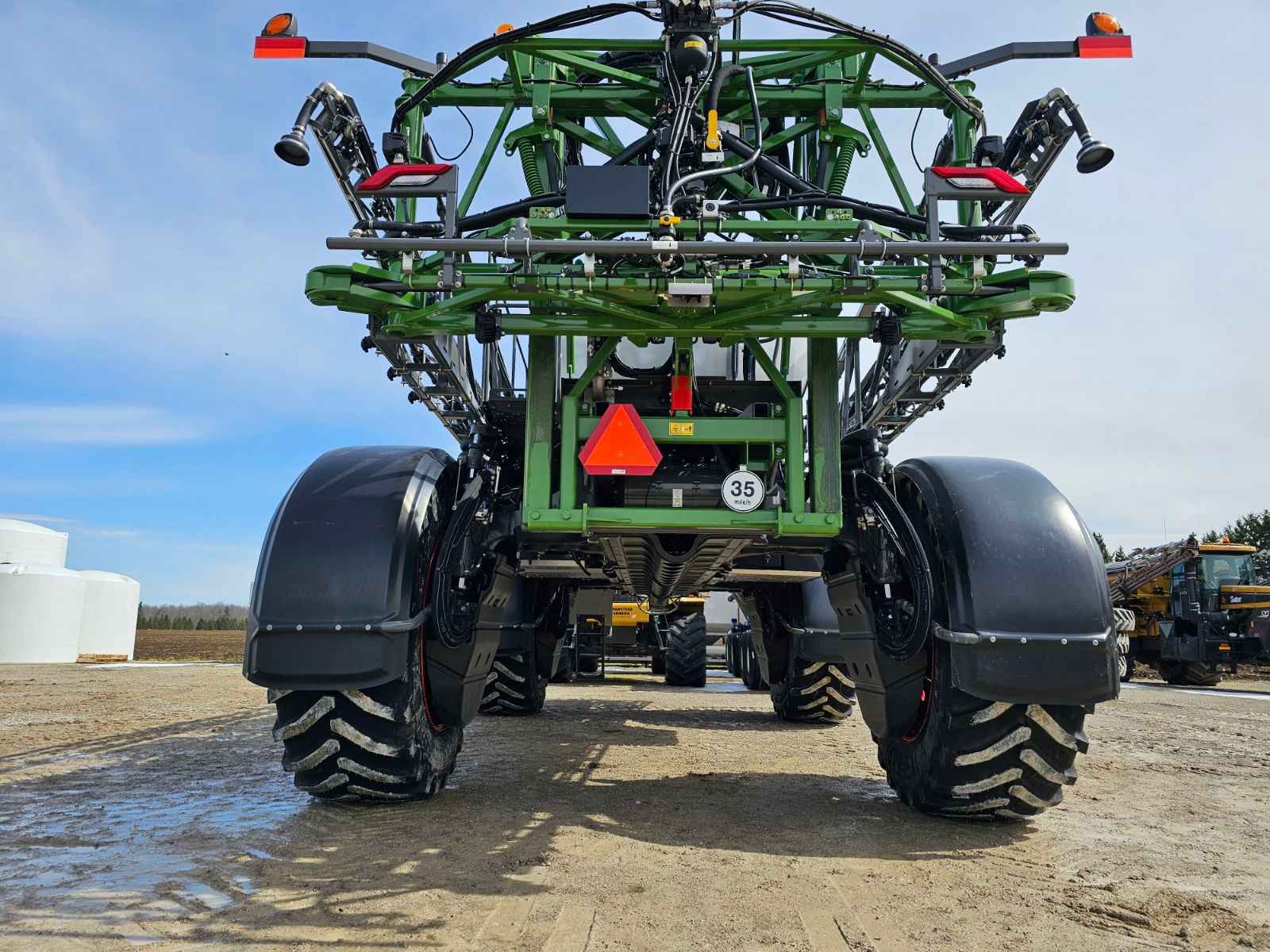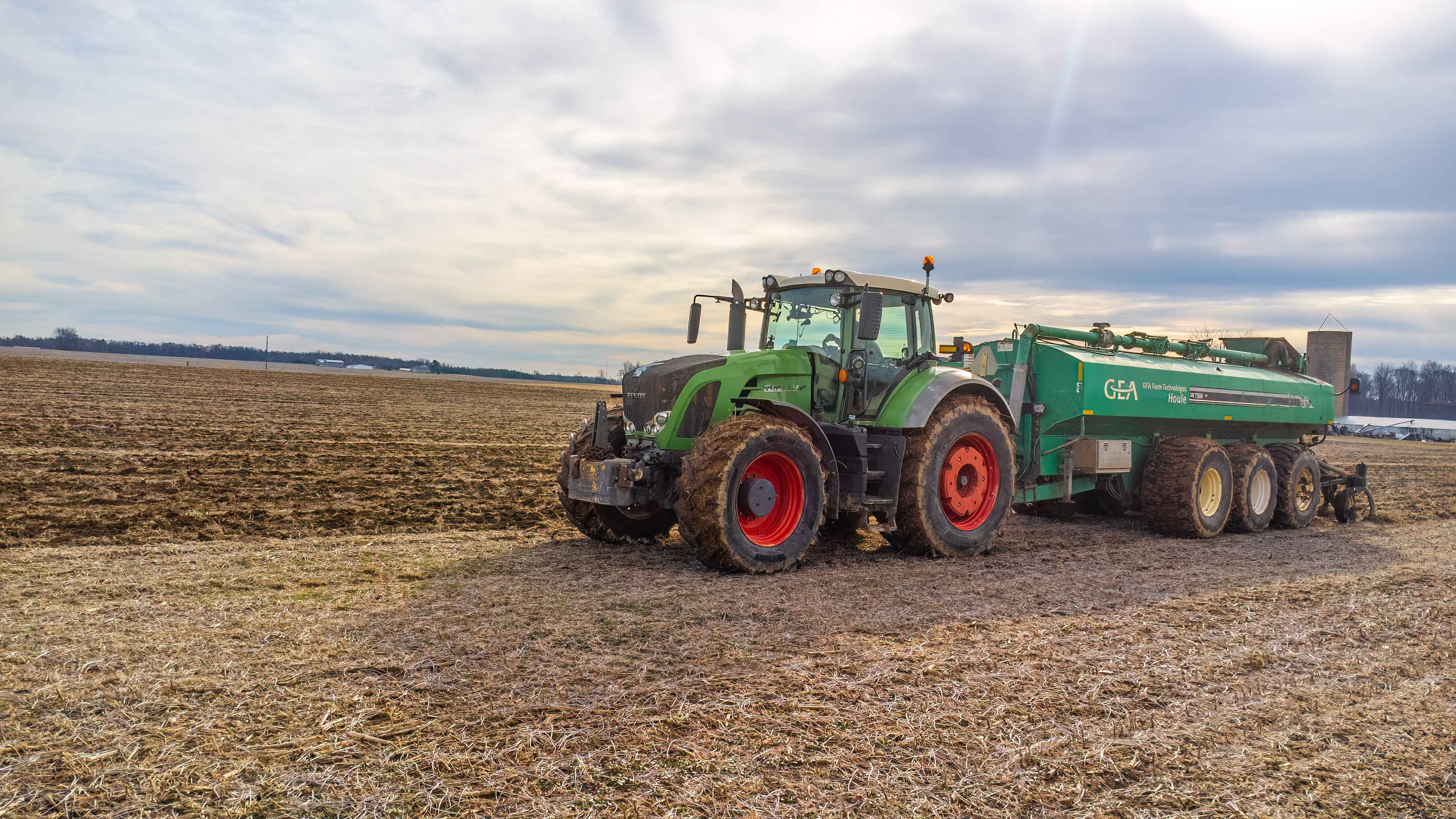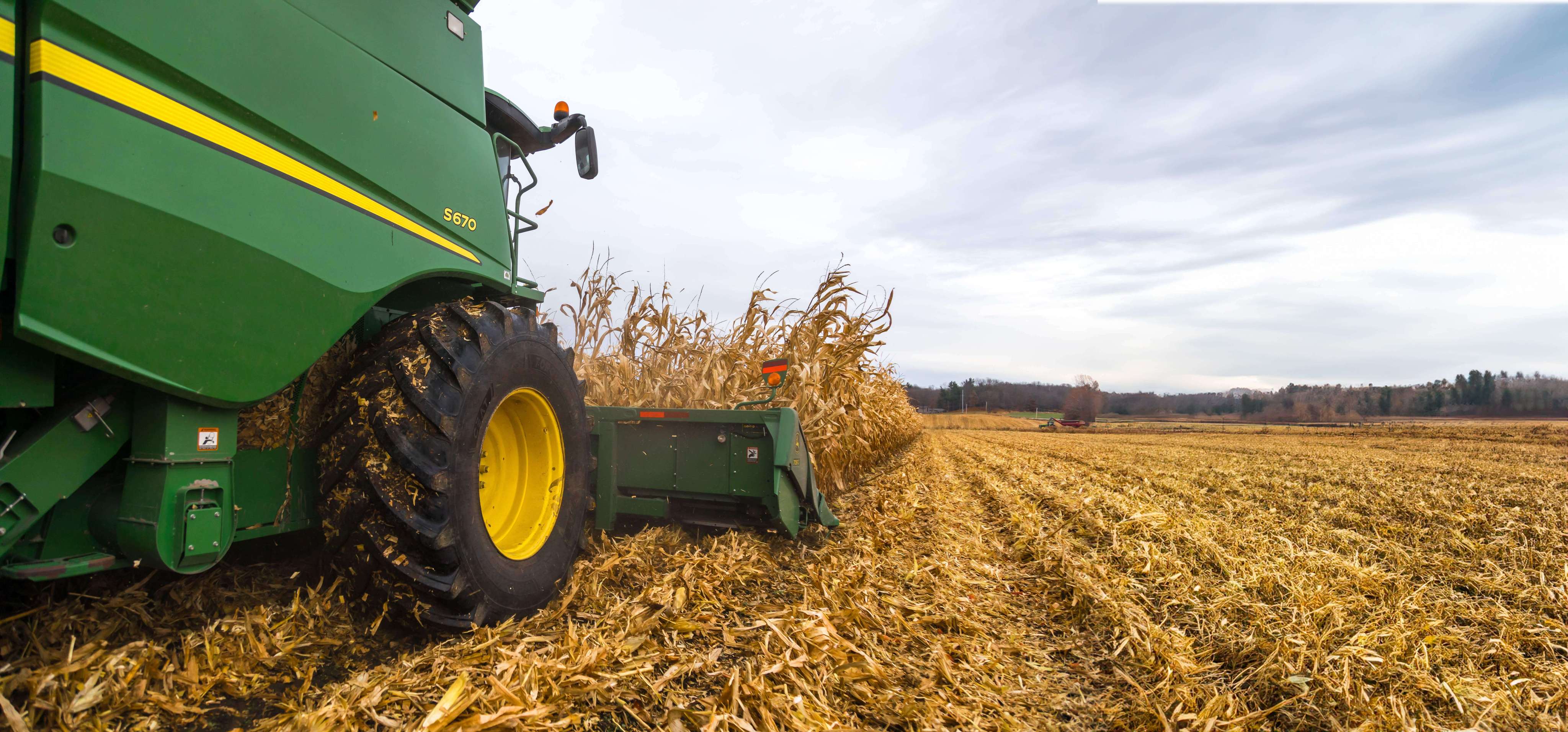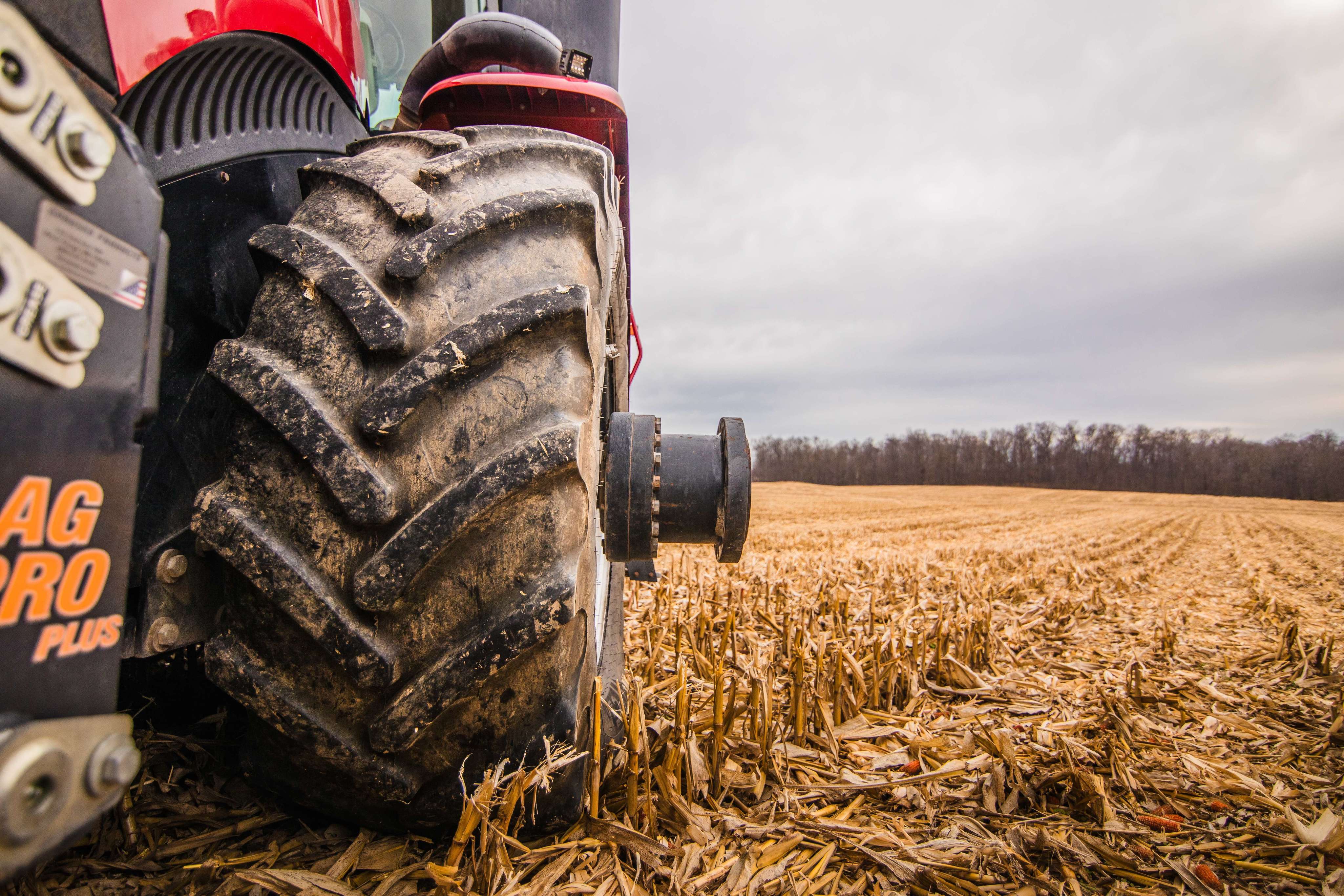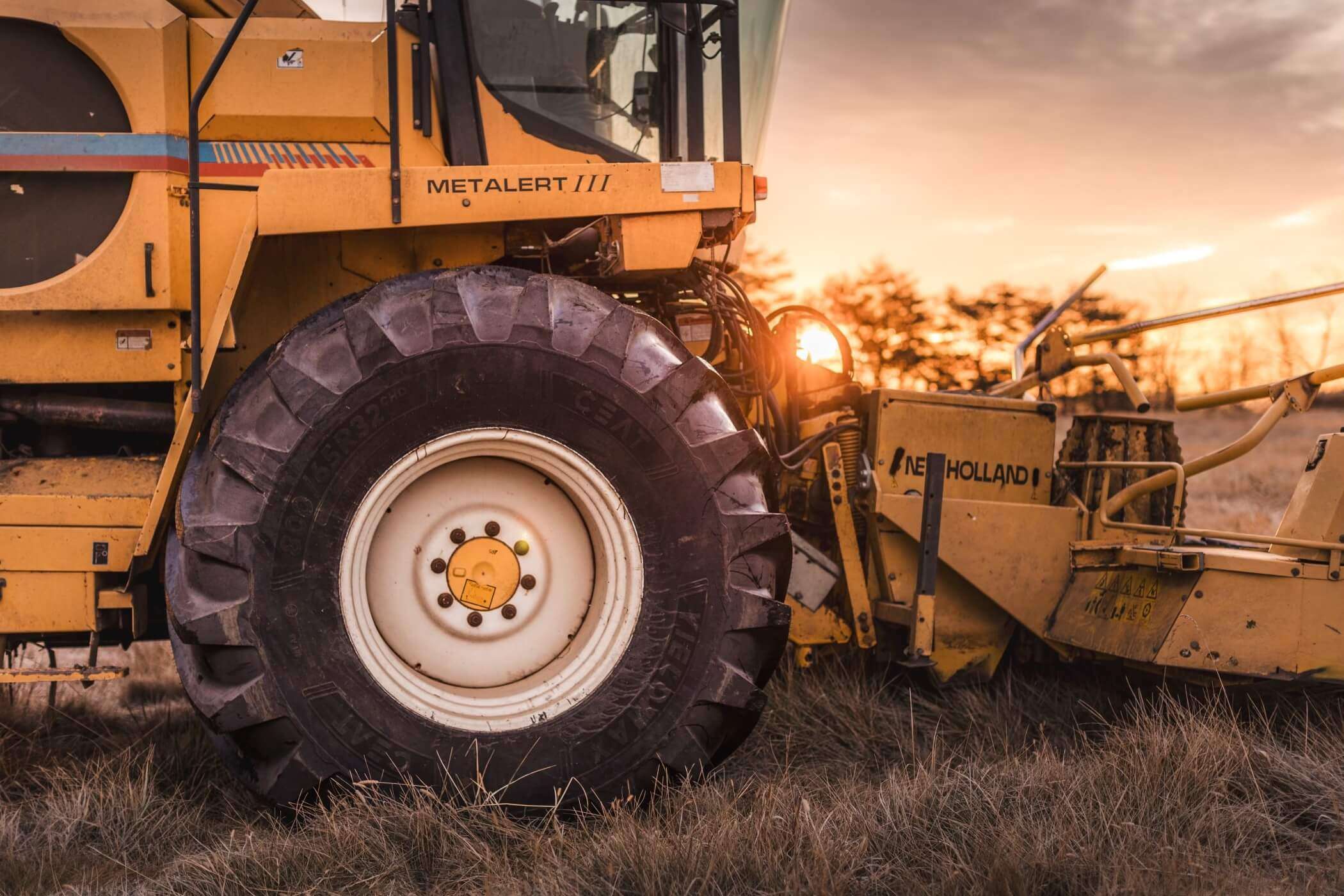ceat-speciality:blogs-tags/all,ceat-speciality:blogs-tags/tire-advice
Planning to Buy New Farm Tractor Tires? Read This Guide to Get Started!
Sun, 8 May 2022 | PRODUCTS
Farm tractor tires are a major investment for farmers and ranchers. The stakes are even higher these days with input costs, such as fertilizer, going through the roof! Making a false move on the type of farm tractor tire or brand you purchase can negatively impact operating costs and productivity.
It’s always good to be armed with information when you visit your local tire dealer – even more so if you are buying farm tractor tires online.
Before you Google “tractor tires for sale” or “tractor tires near me,” it’s important to understand the main classifications of tractor tires:
R1 Tires
These are excellent tractor tires for everyday farm chores. They perform efficiently in muddy fields and dirt but are not as capable on road surfaces and especially not on snow.
R-1W Tires
This is a more aggressive type of tractor tires in terms of tread; the W (wet) in the name signifies its ability to perform tasks on deep mud or clay. This ability comes from a 25 percent deeper cleat compared to the R1 tire. This tire is a perfect fit for working in muddy or greasy clay areas.
The CEAT FARMAX R80 is good example of a R-1W farm tractor tire featuring the latest in tire technologies . It helps reduce soil compaction and delivers enhanced roadability, superior traction, and longer service life, thus raising the levels of efficiency on any farm or ranch.
With a higher angle lug and lug overlap at the center, FARMAX R80 tractor tires offer superior roadability. A lower angle at the shoulder brings home superior traction.
Wider treads, with larger inner volume reduce soil compaction and rounded shoulders cause less disruption to soil and crop, while a tread depth of R1-W lends the FARMAX R80 tractor tire a long service life.
Georgia peanut farmer Justin Studstill purchased his first set of CEAT Ag radial tires (FARMAX R80, size 480/80R46 R1-W R) in 2021 on the advice of his tire dealer.
“We plant and harvest peanuts in about a 60 square mile area, so our tractors spend a lot of time on the road,” he notes. “The CEAT tires provide a good stable ride. They don’t get squirrelly like some of the brands we’ve used. And it looks like the tread wear is going to be outstanding.”
Studstill says the traction provided by the CEAT tires is as good as any of the major Ag tire brands he has run on, and the acquisition price is very favorable compared to these so-called “name brands.”
R-1HA tires are another radial type that will be in wide use this spring and summer on farms across America. This type is especially used for row cropping as its tall and slim design makes it easier to fit between the rows of plants. The R-1 HA (High Angle) name refers to its higher tread angle of 45 degrees, instead of the traditional 23 degrees in R-1.
The Spraymax VF, for example, is specially designed for self-propelled sprayers. It is engineered to carry 40% more load than a standard radial. Alternately, it carries the same load as a standard radial at 40% lesser pressure.
In the field, VF tires can be operated at 40 percent lower air pressure as compared to standard radials, for the same load. For the IF tires, the air pressure can be lowered by 20 percent compared to standard radials, while carrying the same load. The lower pressure of VF and IF tires produce a larger tire footprint which leads to lower soil compaction.
Be informed before you purchase a set of farm tractor tires to get the most value out of your significant investment.




